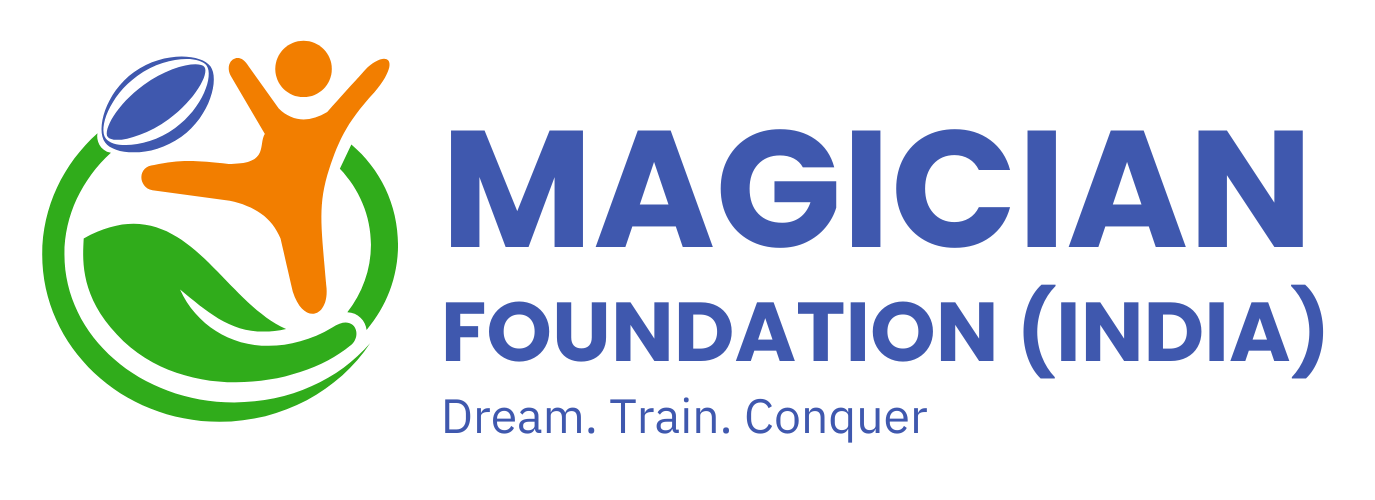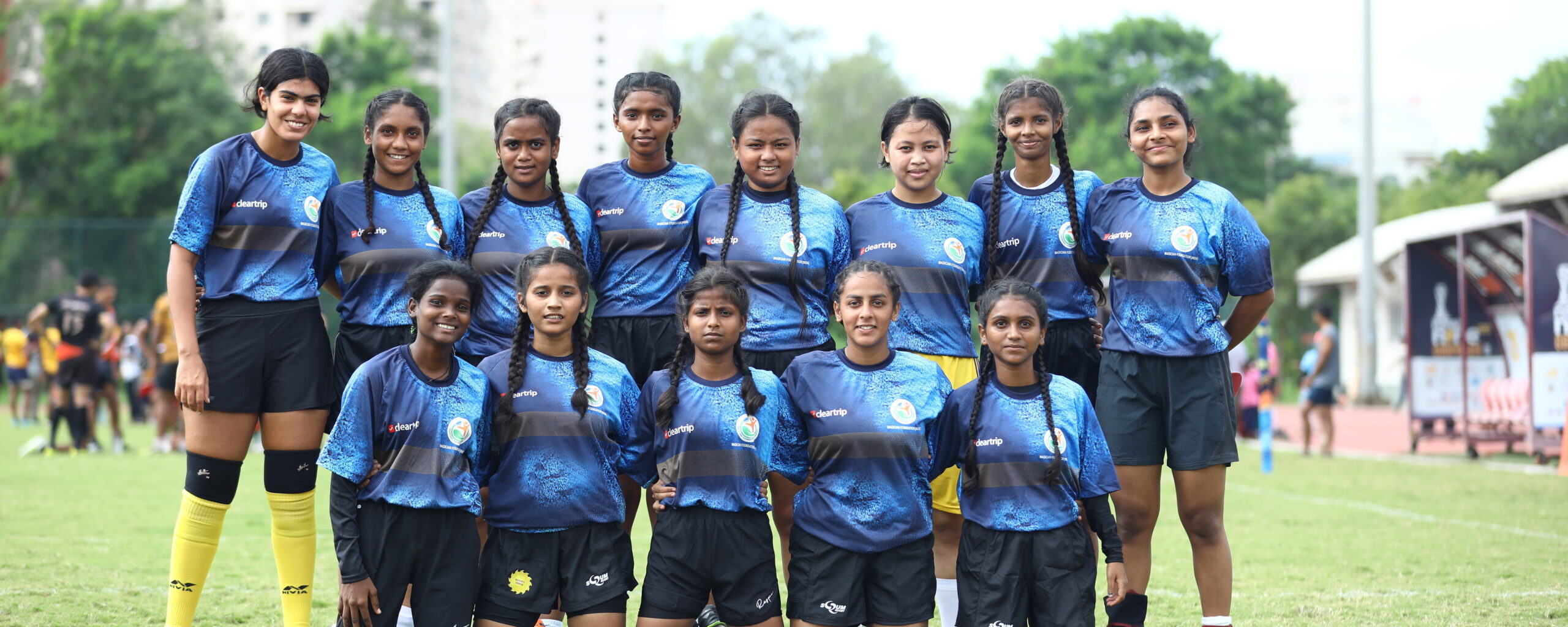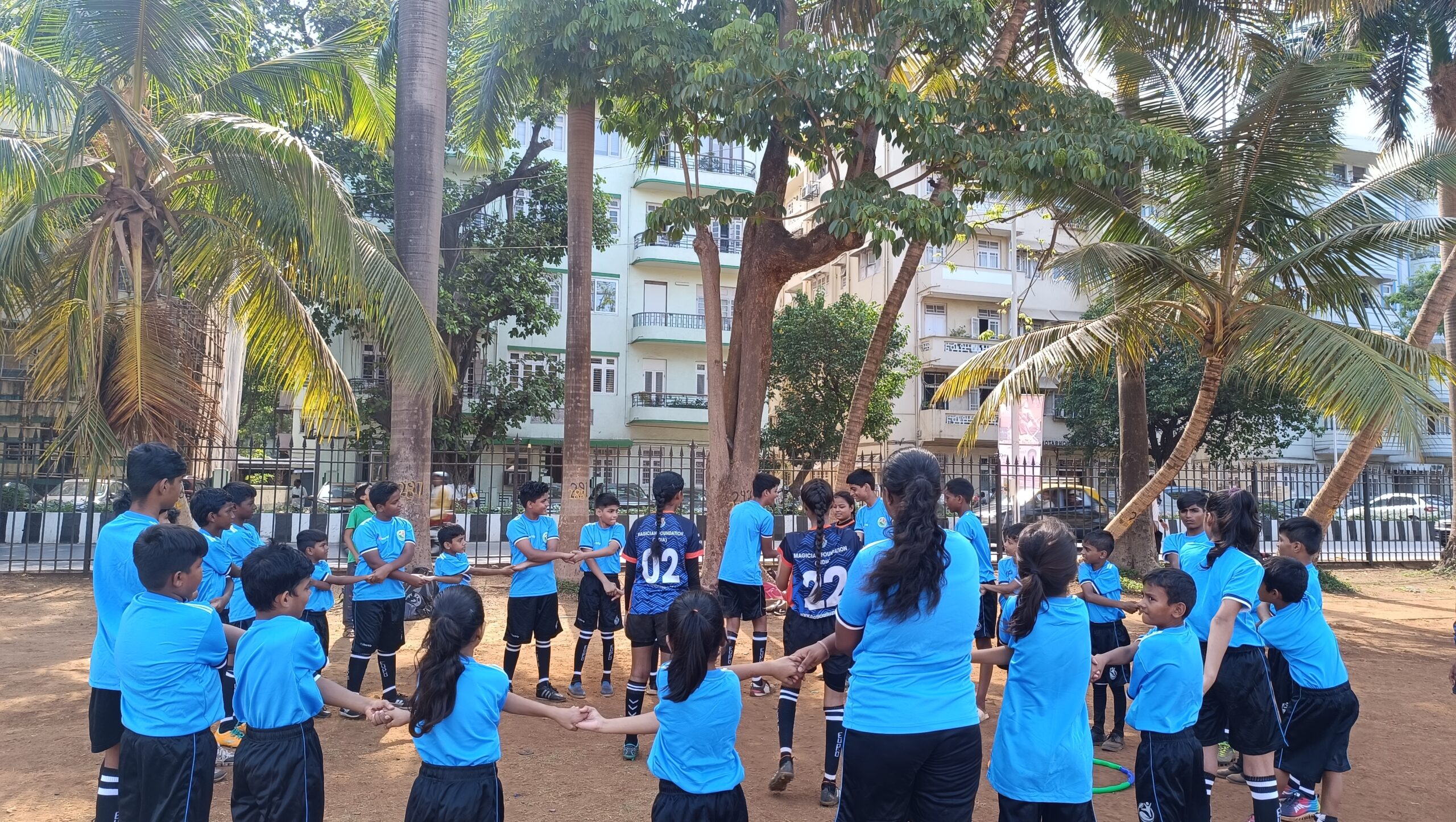Introduction: Listening to the Silence
When we think of poverty, we usually think in numbers—percentages, reports, charts. But poverty isn’t data.
It’s a mother skipping dinner so her child can eat.
It’s a teenager walking 5 kilometres barefoot just to attend a free class.
It’s entire families left behind in a nation sprinting toward digital transformation.
This isn’t just about support—it’s about dignity.
It’s about giving voice to people silenced by systems.
And it’s about reclaiming the idea that change is not charity—it’s a right.
Beyond the Basics: What Poverty Really Feels Like
Poverty is complex. It’s layered. And most of all—it’s human.
• Emotional poverty: Living in constant fear of eviction, violence, and shame.
• Digital exclusion: No internet, no devices—cut off from education, jobs, and healthcare.
• Aspirational vacuum: When survival is priority, dreaming becomes a luxury.
Poverty isn’t just the absence of money.
It’s the absence of hope, access, and recognition.
Forgotten Cities: The Invisible Economies of Slums
Slums aren’t just pockets of despair.
They are living, breathing micro-economies:
• Women running home-based tailoring shops
• Children crafting and selling art from scrap
• Men doing daily wage labor that keeps cities running
These communities hustle hard. But their contributions are ignored, unrecognized, and unprotected.
The Real Villains: Systemic Barriers
What keeps people poor isn’t laziness—it’s systems that lock them out:
• Caste bias and social discrimination
• Govt schemes buried in paperwork and bureaucracy
• No address = No identity = No welfare access
• No access to financial or digital literacy tools
It’s not a lack of potential. It’s a lack of access.
A New Framework: Empowerment Over Charity
What India needs isn’t more handouts. It needs radical empowerment.
Solutions that transfer power, not pity.
Here’s what that looks like:
• Community-driven social entrepreneurship
• Micro-loans designed by slum communities, for slum communities
• Youth-led learning hubs that mentor from within
• Mobile tech labs that bring digital tools to the doorstep
• Legal aid stations that help people fight for what’s rightfully theirs
This is how real change starts—with tools, trust, and transfer of agency.
Their Story Is Our Story
We share the same streets, breathe the same air, and shape the same future. The only difference? Systems, not choices.
It’s time we stop seeing poverty as a passive problem.
It’s a challenge to redesign society—with empathy, equity, and bold action.
Poverty doesn’t need our sympathy.
It needs a system shift.
Let’s build it—together.



